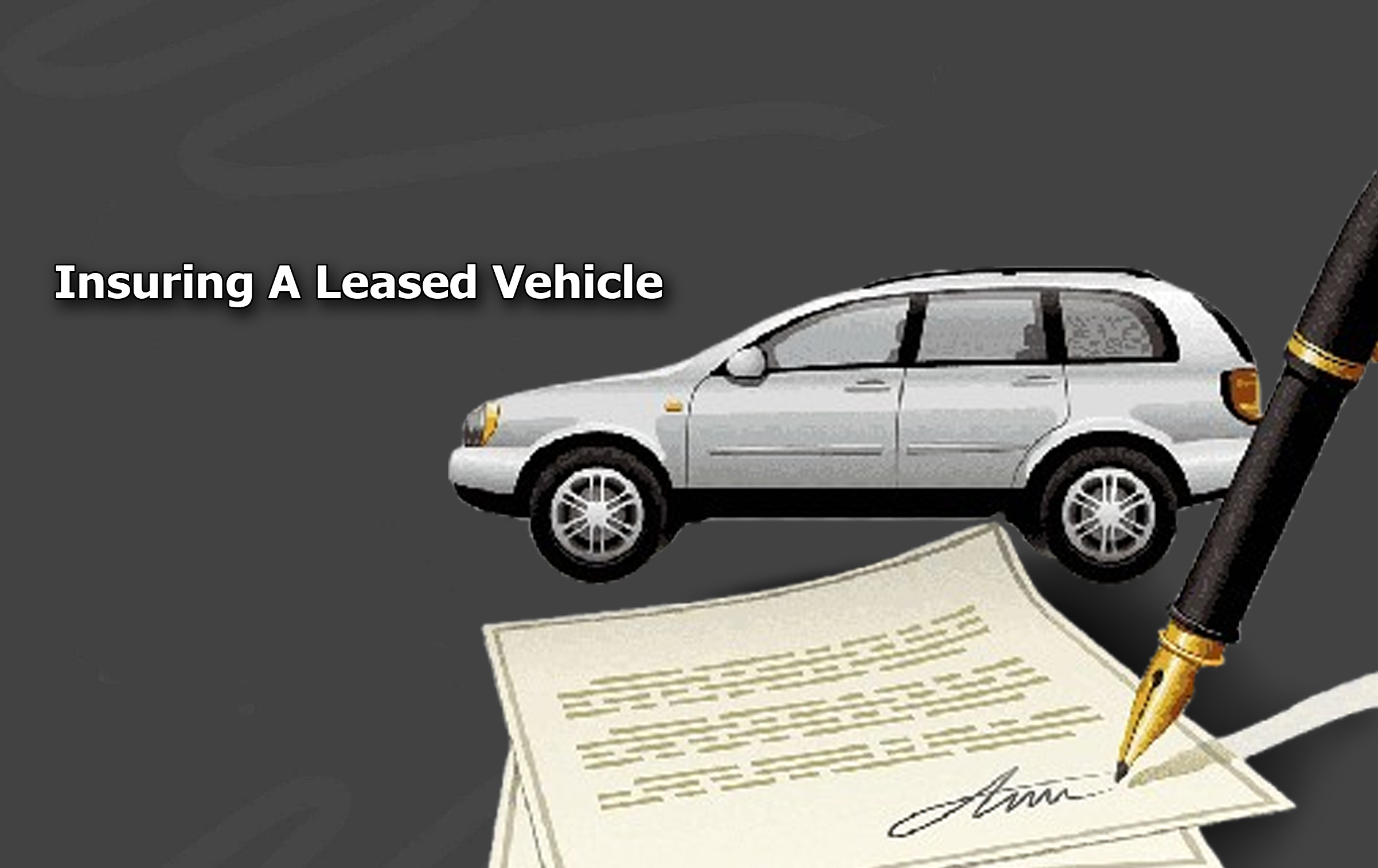
Is insuring a leased vehicle a good idea? How can I go about it? Leasing a vehicle is a great option for people who want to drive a new car without the long-term commitment of ownership. However, one important aspect that comes with leasing is the insurance requirements.

Furthermore, leased vehicle insurance can sometimes be more expensive than insurance for an owned vehicle due to the additional coverage required by leasing companies.
While standard auto insurance policies cover liability and collision, the lease agreements often mandate higher liability limits, comprehensive coverage, and gap insurance.
Insurance Requirements For A Leased Vehicle
When leasing a car, the leasing company remains the legal owner of the vehicle. This means that they impose strict insurance requirements to protect their investment. Here are some insurance requirements listed below:
Mandatory Insurance Coverage
- Collision Insurance: This covers damage to the leased car in the event of a collision, regardless of fault.
- Comprehensive Insurance: It protects against non-collision damages, such as theft, vandalism, and natural disasters.
- Gap Insurance: This covers the difference between what your insurance company pays for a totaled vehicle and the remaining balance on your lease.
Failure to maintain this coverage can result in penalties, such as additional fees or even lease termination.
How Much Does Insurance For A Leased Vehicle Cost?
Insuring a leased car can be more expensive than insuring a financed or owned vehicle due to the added coverage requirements. Still, it typically ranges from a few hundred dollars per month to thousands of dollars, depending on circumstances.
Factors Affecting Insurance Costs
Here are some determining factors that affect the rates of insurance costs:
- Higher Liability Limits: Leasing companies often require liability coverage beyond the state minimum, which increases premiums.
- Full Coverage Requirement: Since lease agreements require comprehensive and collision coverage, insurance costs are naturally higher.
- Driving History: A clean record helps lower premiums, while accidents or violations can increase costs.
- Vehicle Type: Luxury and high-performance vehicles tend to have higher insurance rates.
- Location: Insurance rates vary by state and city based on factors such as accident rates and crime levels.
Tips To Reduce Insurance Costs On A Leased Vehicle
Although leasing a vehicle may come with higher insurance costs, there are ways to reduce your premiums. Here are ways you can save on insurance:
- Shop Around for Quotes: Compare multiple insurance providers to find the best rate for your required coverage.
- Increase Your Deductible: Opting for a higher deductible can lower your monthly premium, but be prepared to pay more out-of-pocket for claims.
- Bundle Policies: Combining auto insurance with other policies, such as home insurance, can result in discounts.
- Utilize Discounts: Look for safe driver discounts, loyalty discounts, and other promotions offered by insurers.
- Maintain a Good Driving Record: Avoiding accidents and violations can keep your rates lower over time.
Frequently Asked Questions
Do I Need Full Coverage For A Leased Vehicle?
Yes, most leasing companies require full coverage, including liability, collision, and comprehensive insurance.
Can I Use My Existing Car Insurance For A Leased Vehicle?
You may need to adjust your current policy to meet the leasing company’s insurance requirements.
Is Leasing Insurance More Expensive Than Financing Insurance?
Typically, yes. Leasing insurance is often more expensive due to higher liability requirements and the need for gap insurance.
What Happens If I Don’t Maintain The Required Insurance On My Leased Car?
Failure to meet the insurance requirements can result in penalties, additional fees, or even lease termination.